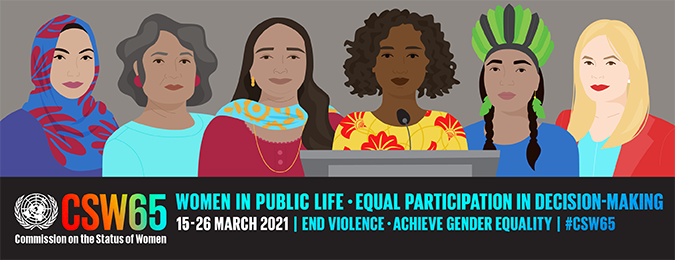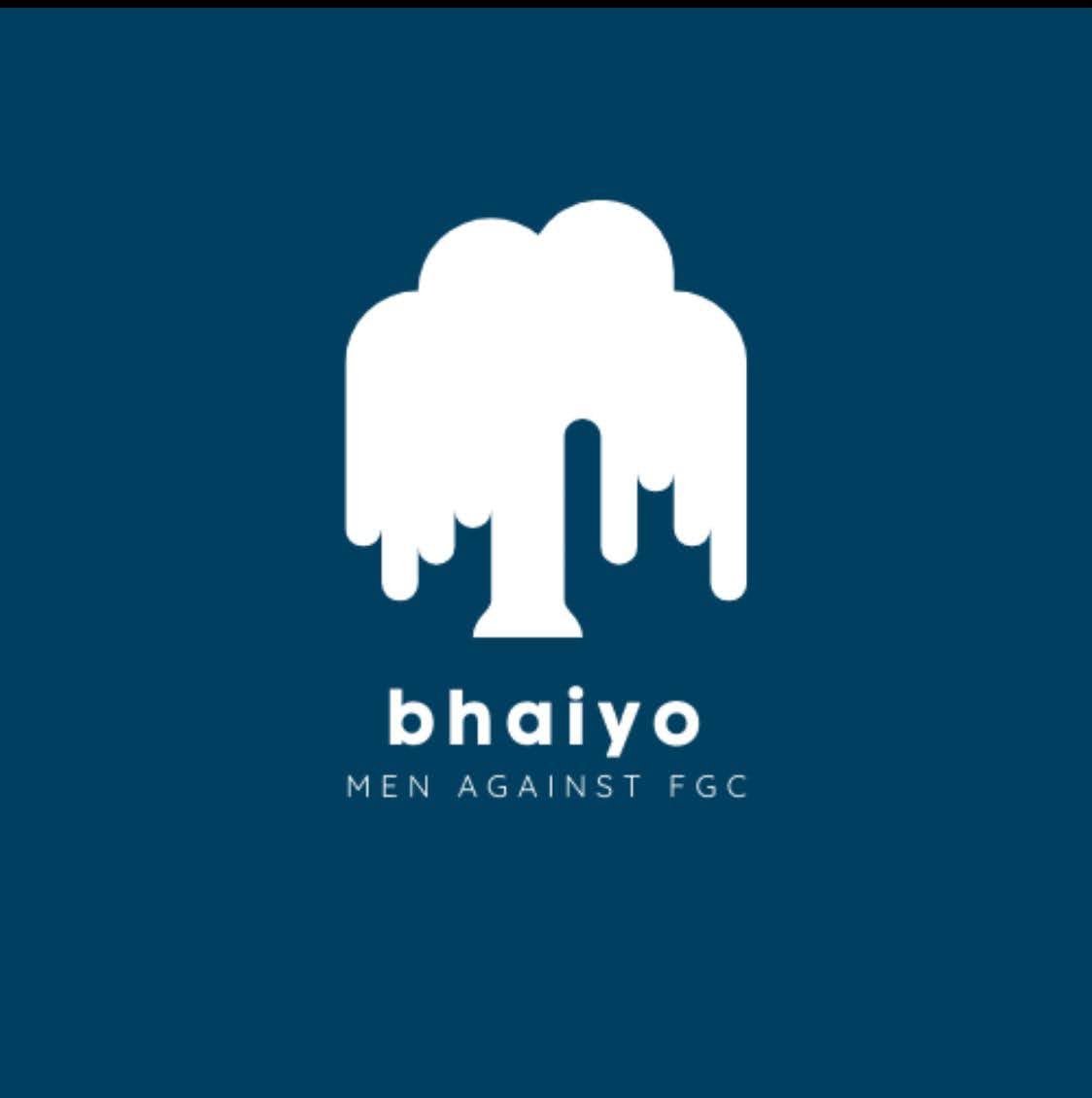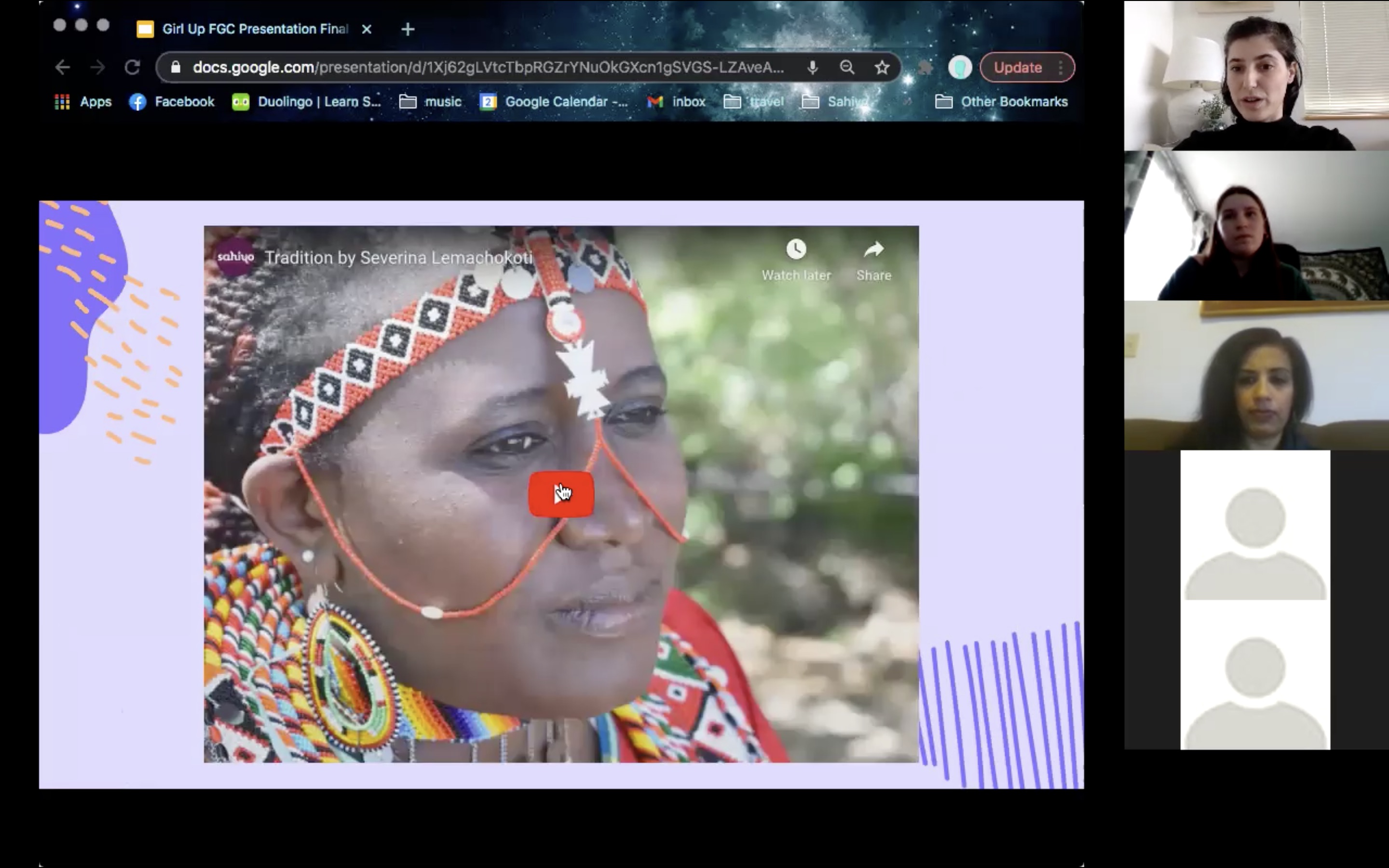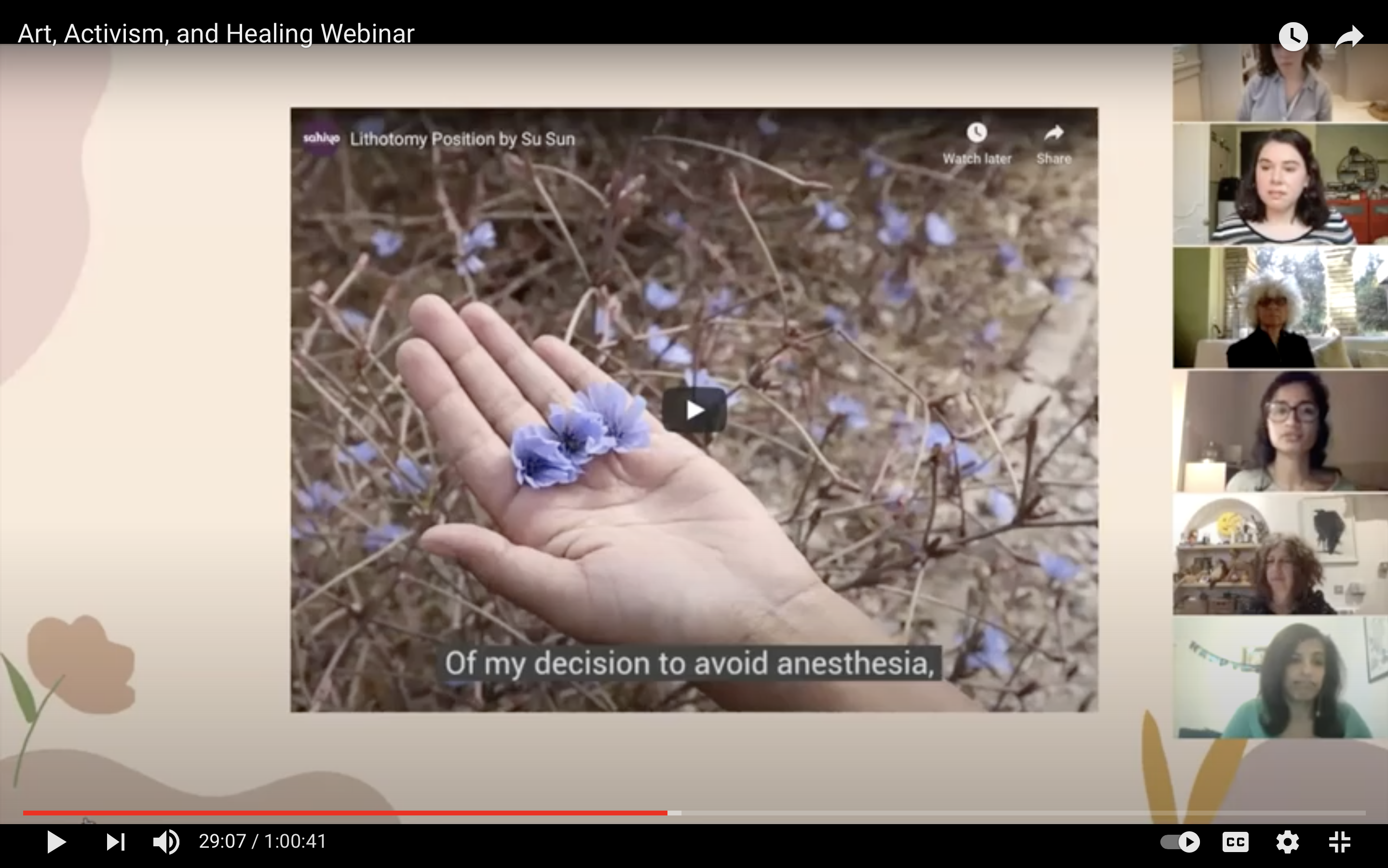On March 16th, 10:30 am EST, Sahiyo and StoryCenter will be hosting the parallel session webinar, “Using Storytelling to Shift Social Norms and Prevent FGM/C,” at the 65th session of the Commission on the Status of Women meetings.
At this event, we will introduce our collaborative Voices to End FGM/C project, which centers on storytelling by survivors and those affected by female genital mutilation/cutting (FGM/C) as a tool to challenge social norms that perpetuate the practice. Using a combination of didactic presentation, audience participation, and short videos, we will explore the theoretical underpinnings of the Voices Project, highlight the success of our digital storytelling workshops, and share how the project has supported women in their healing journey and furthered efforts to prevent future generations of girls from enduring this form of gender-based violence.
Sure to be an eye-opening exploration of one of StoryCenter’s and Sahiyo’s most impactful and transformative programs, “Using Storytelling to Shift Social Norms and Prevent FGM/C” is open to all who wish to attend.
In order to attend the event, please follow these registrations steps:
- Register to attend and become a CSW advocate on the NGO CSW65 virtual platform here. Registration is free.
- Once your registration is confirmed, you can log on to the virtual platform.
- Navigate to the Agenda page by hovering over the “Schedule” heading in the top navigation bar of the NGO CSW65 virtual platform website and choosing “Agenda”.
- Once you are on the Agenda page, choose “Tuesday, March 16th” from the dates listed at the top of the page. When you reach the page that lists all of the events happening on Tuesday, March 16th, scroll down to the 10:30 am time slot.
- Find our event titled “Using Storytelling to Shift Social Norms and Prevent FGM/C.” Click on the ‘plus’ button in the right hand corner of the event description. The platform will automatically add our event to your CSW65 agenda.
- You can add our event directly to your calendar by going to the event page and choosing “add to my calendar.”
- On the day of the event, just click on the link to our event on your agenda, or find the event again by following steps 1-4.
You can also watch this short video on YouTube with a step-by-step tutorial of how to register on the NGO CSW65 virtual platform and find events!








